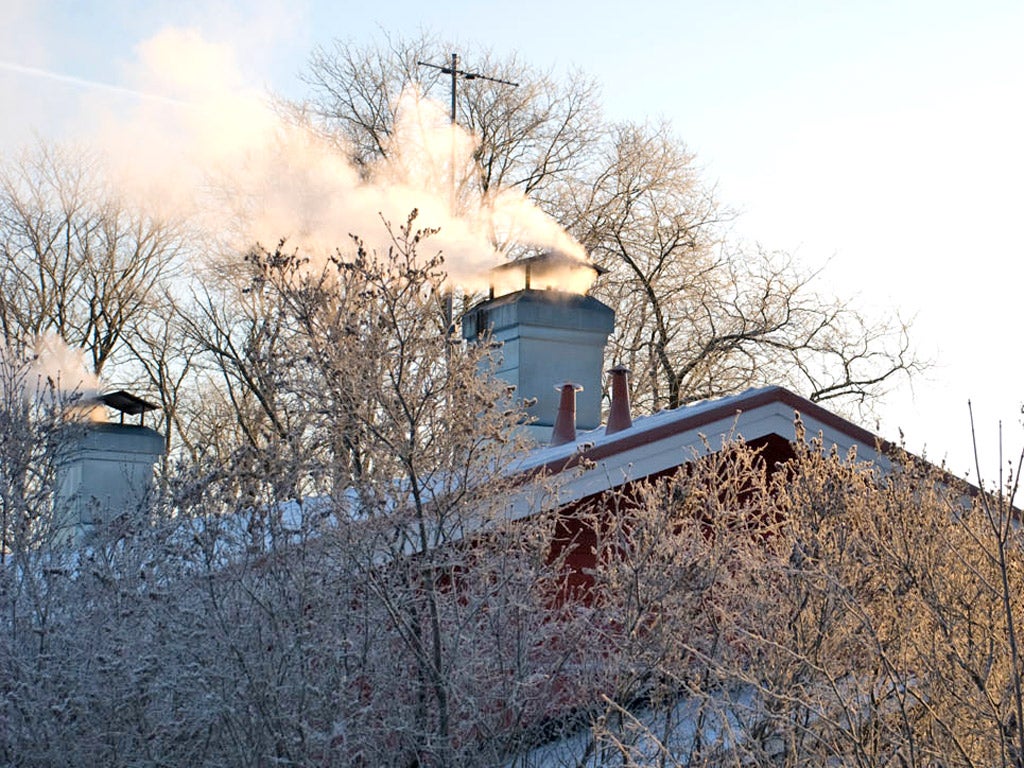Army on standby for winter freeze
Department of Health launches £30m scheme to help the elderly insulate their homes

Thousands of lives could be saved by warmer homes this winter, but the number of people unable to afford adequate heating is expected to rise, according to the Government's first ever Cold Weather Plan. The Department of Health yesterday announced £30m to help vulnerable people insulate their homes, amid warnings that soaring fuel prices could leave five million households dangerously cold.
Nearly 30,000 people in England die needlessly every winter as a result of increases in heart disease, stroke, respiratory diseases and flu. Winter death rates are lower in most other, colder European countries, including Germany and Finland. Tens of thousands more suffer serious illness and injury caused by falls in icy conditions, carbon monoxide poisoning from faulty heaters and increases in depression.
The new plan is built around an early warning weather system developed by the Met Office and Health Protection Agency which will alert NHS trusts and Age UK to falling temperatures, snowfall and icy conditions.
The four-tier warning system, to run from 1 November to 1 March, aims to help the NHS prepare for increases in demand for its services. The most extreme alert, a Level 4 warning, could see the armed forces being drafted in to help emergency services and councils keep the country moving. The plan comes after 2010 saw the coldest December for 100 years.
Freezing temperatures, stubborn snow piles and inadequate salt stores led to widespread disruption on the roads and public transport.
Thousand of schools were forced to close for several days which left many parents unable to go to work. The chancellor, George Osborne, blamed the weather, which would attract a Level 3 warning, for the shock contraction in the UK economy in the last quarter of 2010.
The cost of cold weather is significant. Cold housing costs the NHS in England around £850m a year as a result of soaring hospital admissions and GP appointments.
Older people are particularly at risk as they do not feel the cold until their body temperature drops. Falls during last winter's long snowy spells and icy conditions cost the NHS £42m alone.
Professor Virginia Murray, of the Health Protection Agency, to be abolished in 2013, said: "Many of the deaths and injuries due to cold weather are preventable."
How to beat the chill
Early warning system The Met Office will issue Level 1 to 4 cold-weather alerts so that organisations can properly prepare for icy temperatures that trigger increases in illness, hospital admissions and transport disruptions.
Warm homes, healthy people A £20m fund for which charities and local authorities can bid in order to help the elderly, disabled and families with young children make their homes warmer.
Getting Ready for winter New website to be launched with tips on how to stay warm and keep healthy, such as regularly checking heating appliances to avoid a build-up of carbon monoxide.
Join our commenting forum
Join thought-provoking conversations, follow other Independent readers and see their replies
Comments